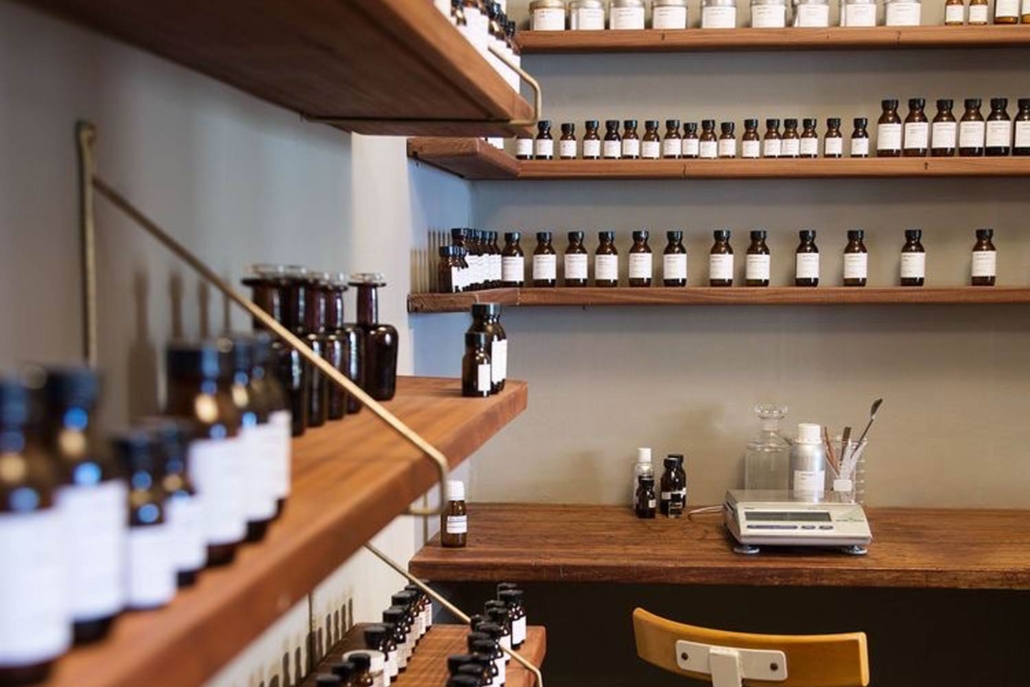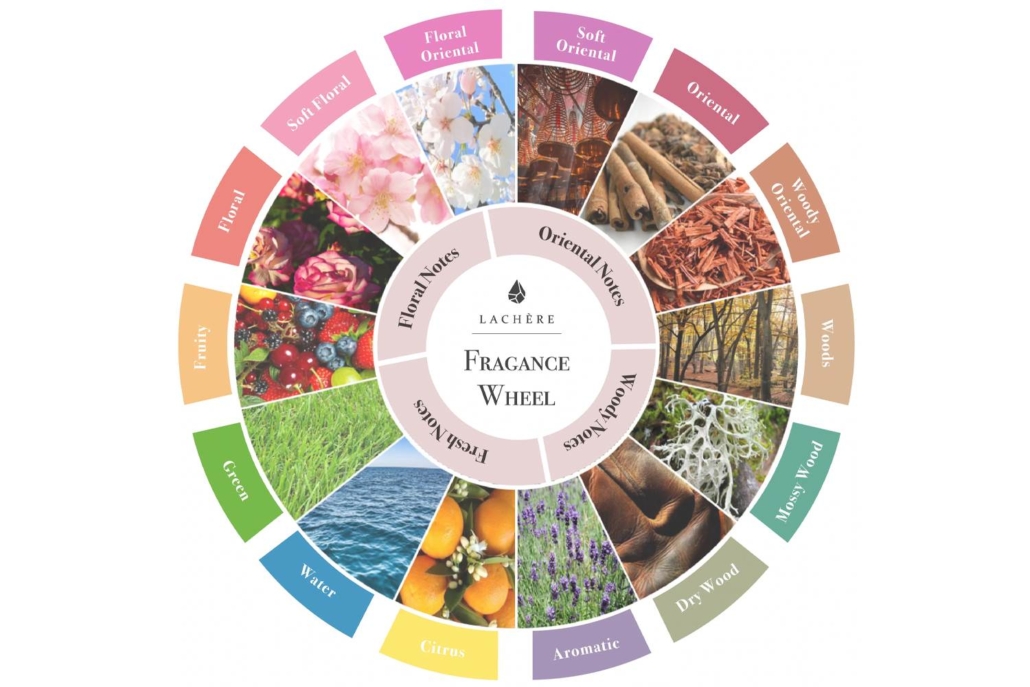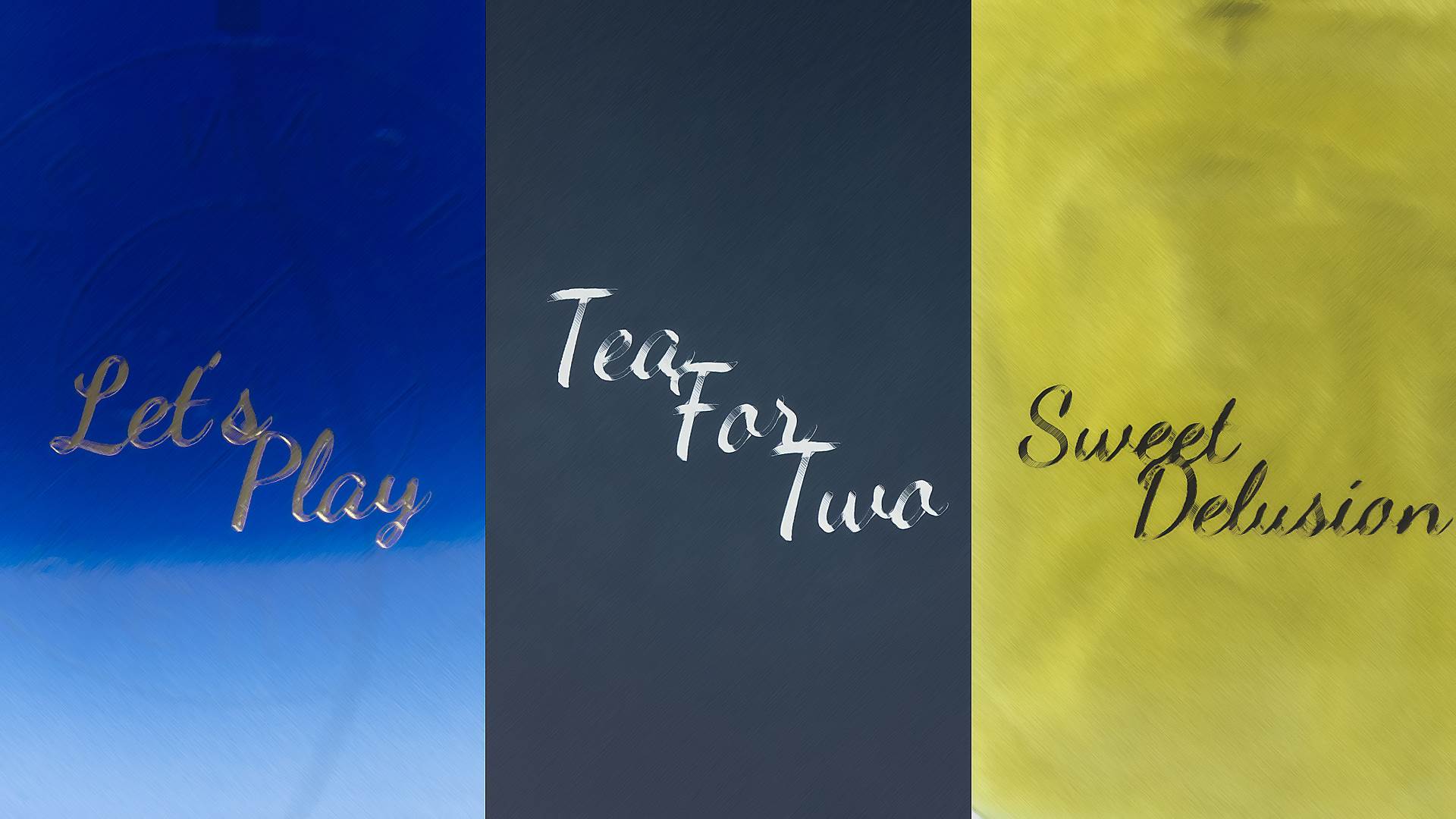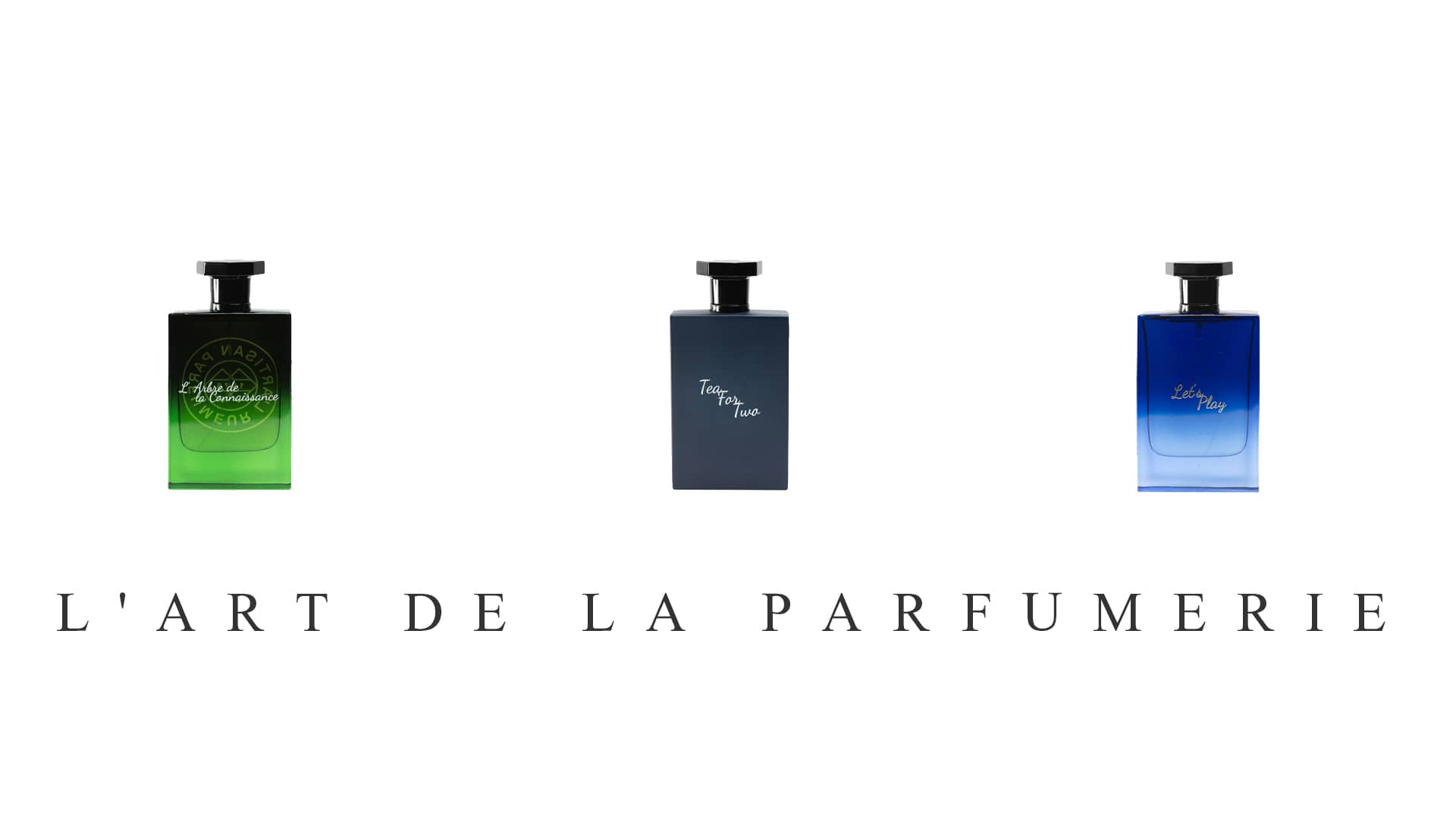Fragrance serves as a powerful way to express one’s individuality, shape self-perception, and establish connections with others. These aromatic essences are deeply woven into our daily experiences, offering insights into our identity and evoking memories and emotions.
The origins of perfumery date back to ancient civilizations, with the ancient Egyptians being notably credited for its development. They utilized aromatic substances, such as essential oils, resins, and perfumed unguents, in their religious rituals and prayers. This ceremonial use served diverse purposes, ranging from seeking divine protection to conveying messages and prayers to the departed. Additionally, scents played a role in body purification and were incorporated into embalming ceremonies.
Over time, the application of fragrances transcended sacred contexts, becoming an integral part of everyday hygiene. Ancient Egypt experienced a thriving trade in spices, aromas, and resins, both locally sourced and imported from distant regions like the Middle East, Arabia, and India. This trade brought in valuable components such as fine woods, scented resins, myrrh, and incense, influencing the composition of fragrances during that era.
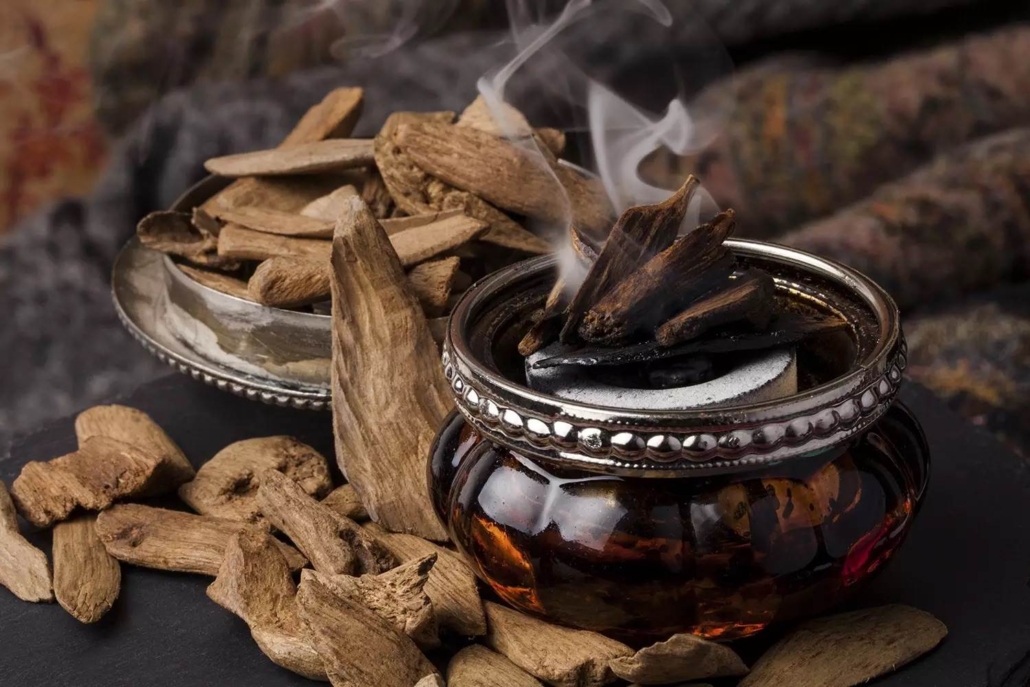
In the 20th century, the field of perfumery underwent a significant transformation as synthetic essences became widely utilized, introducing unique elements to fragrances. This transformation was exemplified by the emergence of aldehyde-based perfumes, such as the iconic Chanel No. 5. Throughout Europe and America, fragrances evolved into genuine forms of artistic expression, with designers creating original compositions that gained worldwide popularity.
During this era, fragrances adopted evocative names, reflecting specific emotions and emphasizing the meaningful messages they conveyed.
Initially designed as aftershaves, men’s eau de toilettes evolved into authentic perfumes over time.
By the year 2000, the history of perfume witnessed a proliferation of diverse fragrances tailored to meet the changing preferences of consumers.
Renowned Italian and international fashion designers ventured into the realm of fragrance creation, contributing to the global recognition of “Made in Italy” as a symbol of style and elegance. This success further solidified Italy’s impact on the worldwide production of perfumes.

The fragrance industry is in the midst of a transformation, shifting its focus from exclusive craftsmanship to a more globalized approach. However, a counter-trend is emerging that aims to reclaim the rich tradition and uniqueness of individually crafted products. Companies are increasingly realizing the significance of the experiential and sensory aspects and are therefore investing more in establishing a distinctive olfactory identity. While perfume was initially associated with the rituals and privileges of the elite, it has undergone a gradual democratization over the centuries. Transitioning from a sacred element to a luxury accessory and from a tool of seduction to a valuable therapeutic remedy, perfume is no longer limited to the affluent class. Instead, it has become an integral part of everyday life, serving as a distinctive and original expression of personal identity.
